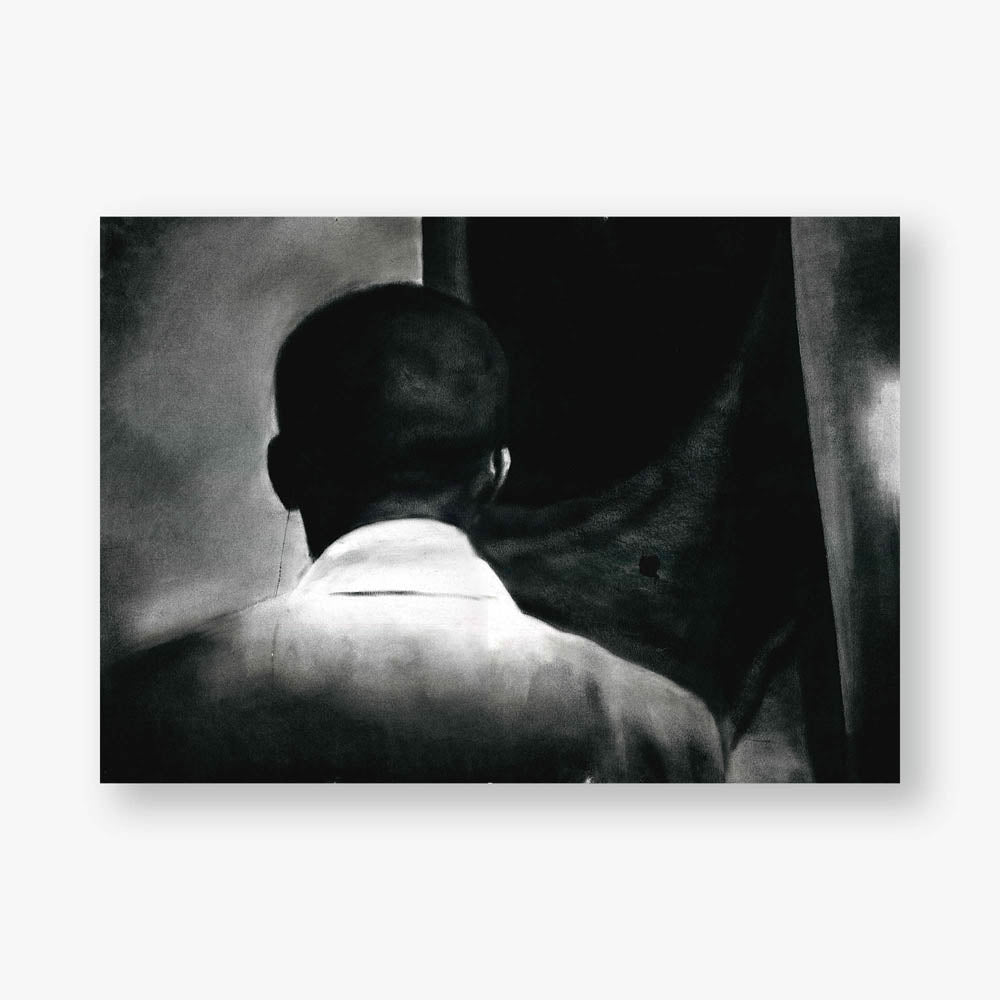“This was not a book about prophecy; this was an if-this-goes-on story. This was a cautionary tale, although people have told me it was prophecy. All I have to say to that is ‘I certainly hope not.’"
- Octavia E. Butler
On July 20, 2024, an African American girl named Lauren Oya Olamina turned 15 in the Los Angeles suburb of Robledo, California. Lauren is a fictional character from a fictional hometown, but her story has proven to be one of the most accurate and frighteningly predictive tales of the twentieth century.

We speak, of course, of Octavia E. Butler’s 1993 novel Parable of the Sower and its 1998 sequel Parable of the Talents.
Butler, who is often credited as being the first Black woman science fiction writer, was born in 1947 and died in 2006. Yet her work has continued to gain popularity and serve as a kind of moral and political lighthouse due to its uncanny ability to predict the future. When Donald Trump was elected President for the first time in 2016, readers cited Parable of the Talents, which included a Christian fundamentalist political candidate who ran under the slogan “Make America Great Again.” Now, with wildfires leaving a destructive path through Butler’s home state, readers are returning to the Parable books (also known as the Earthseed series) for comfort, guidance, and perhaps a look into what the days ahead will hold.

Since we seem to be living in Butler’s future, here is some background on who she was and the world she crafted.
Butler was born in Pasadena, California, in 1947 and clocked the city’s segregation along race and class lines from an early age. Her father was a shoeshiner and her mother a house cleaner who would often have to enter through the back door of the white homes in which she was employed. Butler’s father died when she was only seven, and her mother raised her in a strict Baptist household. Butler was a self-described “painfully shy” and “awkward” child and was often bullied by other kids. This led to her spending long hours alone at the public library, turning to books for stimulation and comfort.

As an adult, Butler modeled her writing after that of the predominantly white science fiction writers she had grown up reading. Unlike the worlds of her favorite authors, however, Butler’s creations were distinctly conscious of class, race, and the dangers of an increasingly privatized government. She was also aware of the threats of climate change at a time when such concepts were far outside the public imagination.
Butler’s fictitious yet familiar world is the setting for her Earthseed series. Lauren Olamina comes of age in a dystopian near-future (now present) where climate change, income inequality, and corporate greed have left the country in shambles. Economic disasters (including an eerily predictive outbreak of uncontrollable wildfires in 2025) have caused mass destruction, people have fallen prey to drugs and violence, and the few safe havens are company towns privately owned by foreign businesses.
Lauren lives with her father, stepmother, and three half-brothers in the community of Robledo, twenty miles outside LA. A gated and precariously safe community, Robledo is held together by Lauren’s father, a Baptist minister, who cares for his community through mutual aid and the careful allocation of resources. Still, food and water are scarce and the community often makes bread from acorns.

Lauren also suffers from a condition called “hyper-empathy,” which she contracted as a result of her late mother’s drug use during pregnancy. This allows Lauren to physically feel the emotions of those around her, which is a liability more than an asset in her increasingly dangerous surroundings.
Despite the efforts of her father, Lauren is pessimistic about her future. Parable of the Sower is told through a series of journal entries in which Lauren begins to question her religious upbringing and develops a new worldview on the principle that the only consistent force in this world is change. She calls this faith Earthseed and writes: “God is change. This is the literal truth. God cannot be resisted or stopped, but can be shaped and focused.” Lauren comes to see God not as an omnipotent being to be prayed to, but a force to be shaped in order to help humanity help themselves.

In 2027, Lauren’s community is breached and the violence and turmoil of the outside world comes crashing in. She is forced to go on the run with the last survivors of her hometown, working their way north in the hope of finding safer communities and better opportunities. Throughout this journey, Lauren begins sharing Earthseed with others. She sees humanity’s future happening not on her planet, but on others, and believes Earthseed can prime humanity for its final journey.
Despite the horrors Lauren experiences in Parable of the Sower and Parable of the Talents–including slavery enforced by shock collars, sexual assault, and the loss of her friends and family–the novels contain a remarkably poignant and optimistic message. Despite near-constant setbacks, Lauren strives to build community, share her beliefs, and connect with others. Through Lauren and Earthseed, Butler posits that the only hope for our future is ourselves, not individually, but as a collective.
Butler is acutely aware of the patterns of exploitation that humanity continues to reinforce. In the series closing, as Lauren watches the first spaceships carrying Earthseed disciples leave Earth to settle in space, she objects to the ship’s name of Christopher Columbus, a hint that perhaps this utopian vision is not going to hold. And yet, Lauren is hopeful, a sign that perhaps we should be too.

Ultimately, Butler tells us that utopia is not a golden kingdom on a hill, but a community guided by a culture of empathy, mutual aid, and a continuous struggle to do what is right, not only for ourselves but for the people around us. Change may be constant, Butler says, but the practice of being in community can be as well.
If you feel called to act on that principle, you can donate to help displaced Black families affected by the LA wildfires here.
For more information check out…
Miles, Tiya, “How Octavia Butler Told the Future,” The Atlantic, January 12, 2024.




















